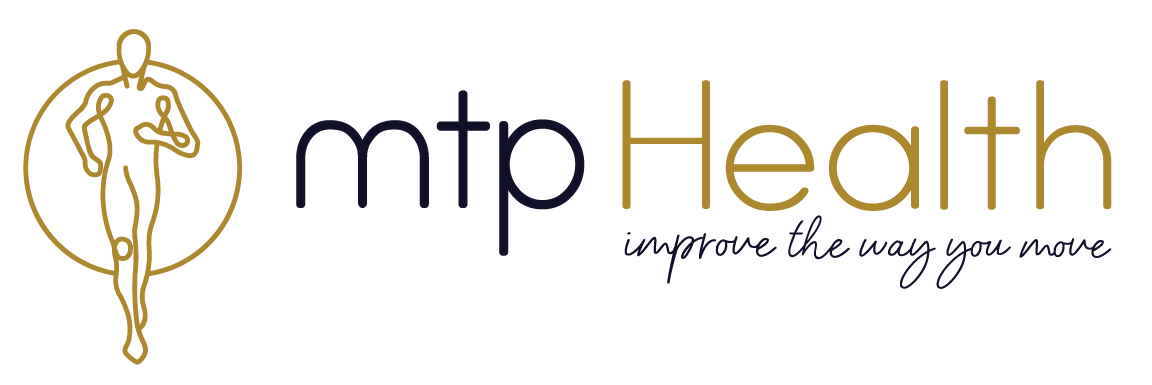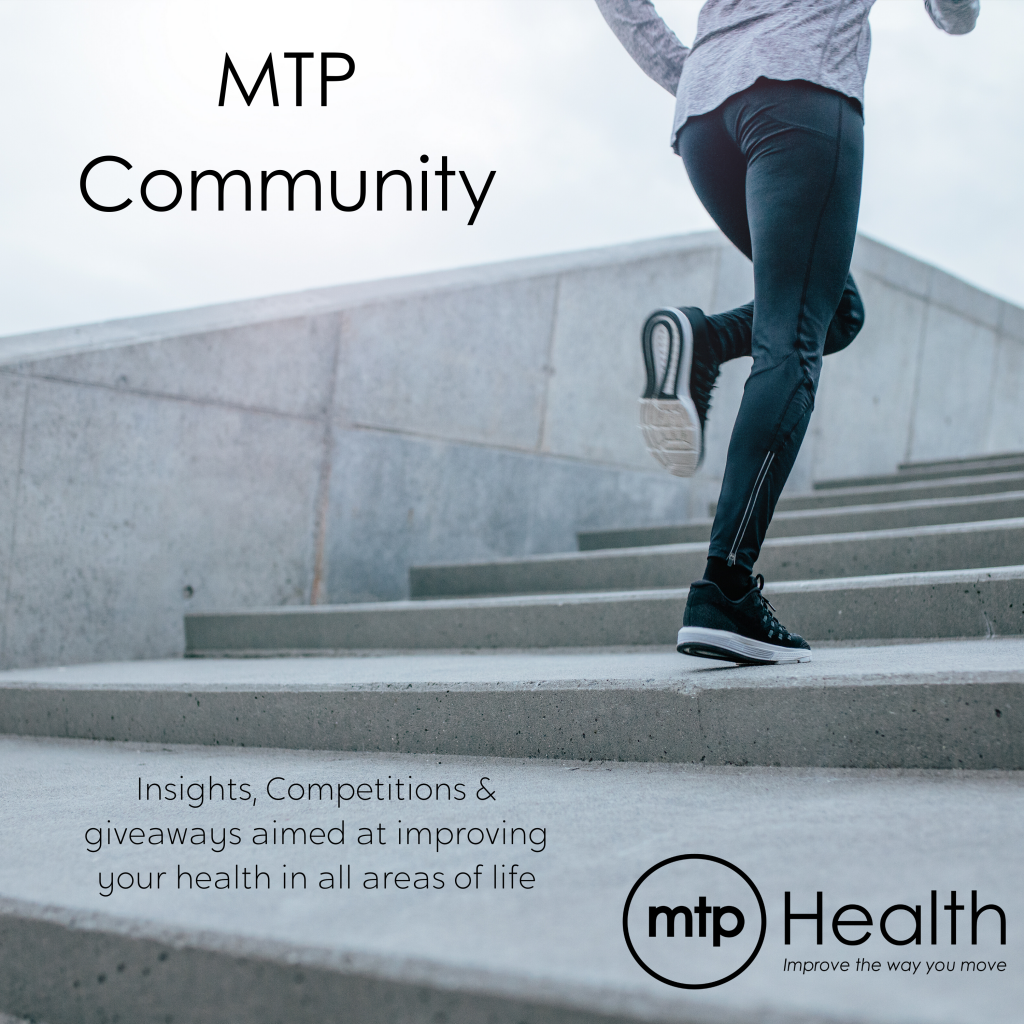Empowering Insights Episode 4: Pragmatic Skill Acquisition [The Simple Way to Impact Your Life by Speeding Up Your Learning Curve]
“The thing that makes human beings unique as a species is our capability to adpat”
What an episode we had this week.
Skill acquisition is in our opinion the most important thing underpinning all human life. Progress can be measured by how well we acquire skills. This holds true for the typical notions of a skill, such as a language, sport or musical instrument, as well as things that may not be so typically regarded as a skill (i.e. rehab & pain). In this episode, we aim to introduce our insights into skill acquisition as both experienced rehab professionals and avid skill enthusiasts. We also looked to provide some uncommon commentary into the ubiquity of the concept across every single area of our life. If what they say is true i.e. “You are what you regularly do”, then skill acquisition becomes the vehicle through which you can create your ideal self.
Strap yourselves in for a beauty!

All Skill Acquisition Lies at the Edge of Adversity
Show Notes
- Why Skill acquisition is so critical to human life
- How we can engineer our own endeavours for skill acquisition to speed up the learning curve
- [2:30] Why when it comes to rehab, our mind & bodies are not two different things
- Why we shouldn’t separate our ability to learn one particular skill from other skills (i.e. rehab is the same process as learning a new hobby)
- Why we shouldn’t distance our minds from our body when it comes to rehab
- Why a skill is simply just doing something well as a habit
- LK talking about why we need a strong driver to properly learn a skill [Skill acquisition is hard & why]
- BK talking about how the notion that we will never be able to learn something because we have never done it before it rubbish
- [16:40] BK talking about how he has applied the 80/20 principle to language, basketball & guitar
- What separates human beings from other species
- Why we need to understand the fundamental science of skill acquisition
- How a stepwise approach with a clear framework is the best model for mapping out effective skill progress (& how we have done this at MTP)
- Why Block periodisation and focusing on one thing at a time, while including constraints can be one of the best things you do for your skill acquisition
- The advantage of having a coach who will pick what you NEED, instead of what you want
- Why you need to know yourself and how you learn best.
- Why mental rehearsal and mirror neurons are one of the secret weapons when it comes to speeding up skill acquisition
- Luke’s personal insights as an elite Golfer & CrossFitter
- Why mirrors are not ideal for feedback in the gym
- Why kinaesthetic awareness is crucial for people to effectively learn skills
- The importance of cuing and focusing on external things for skill acquisition
- Why we should look at videos of ourselves to learn more effectively
Useful Quotes
“Mental rehearsal can account for up to 80% of the result experienced when we practice” – here’s one example of this & a bit more into the specific physiological mechanisms here
“Skills can become interrupted when we focus internally, on how our body is moving”
“To effectively learn a skill we Need a driver” – Skill learning is all about challenging our body to grow. Adaptation & growth always comes at the edge of exhaustion. This is what makes skill learning so taxing and why resilience is such a key factor for success in life. The stronger our driver, the stronger our resilience, which ultimately means more adaptation and skill learning. Do you think your life would be better if you learnt more readily?
Other Useful Resources (Adding to what was discussed in the show)
- The Science of adaptation & how our brain can adapt to anything (related to mobility in this article, but can really be applied to anything)
- Resources used by BK to breakdown & hack the language learning process
- DISS framework to breakdown skills (The Art & Science Of Learning Anything Faster)
- Tim Ferriss Creative Live workshop breaking down how to learn any language in 3 months
- 12 Rules for learning a foreign language in record time
- A general list of tips for language learning tips
- 3-month plan to learn a language
- Learn but not master any language in 1 hour – a guide to understanding the basic rules of a language
- How to learn a language & not forget it
- A counter-intuitive, yet simple Guide to dominating Portuguese
- Specific Grammar Hacking from the above methods using Brazilan Portuguese as an example
- Please reach out to BK if you’re interested in hearing how he specifically broke down the sport of basketball to improve his skill acquisition. How he applied these concepts to guitar and how he has progressed with the Portuguese language! Same goes for LK & his golfing insights.
We had an absolute blast with this episode and have a whole host of topics we would like to touch on in the future. These could include and are not limited to: Science of adaptation [why humans can do almost anything], Fundamental Science of skill acquisition [a pragmatic look], Why resilience is the #1 life skill, Luke’s journey through skill acquisition as an elite athlete. If any of these topics perk your interest, please let us know & we will be sure to do a deep dive for you. We want this show to be about you, so please don’t hesitate to be a part of it 🙂
As always, we want to hear from you and your insights. We know there are lots of avid skill learners in the community. How you guys navigate large amounts of information and chunk things down to understand them would be fantastic for us to reflect on! We will be touching on this topic throughout the week in our Community, so make sure to get involved in order to get the most of what this episode can offer you.
BONUS: An amazing answer from one of our community members!
Enter – Shane Tan (you can find him here, or in the community on Facebook)
Thanks for asking. I’ve got to say, I’m a bit obsessed with the idea of motor skill acquisition. My background is that I discovered juggling in a university juggling club in 1997 and was really involved in the juggling community for over10 years. I’ve been to international juggling conventions and also helped run juggling conventions in Australia. I’ve read and thought about juggling for a long time, especially club passing patterns which are a form of team juggling. I’ve also taught lots of people how to juggling. More recently, I’ve become obsessed with CrossFit and especially Olympic weightlifting becoming a casual coach for both. I even went to China for a weightlifting camp for 2 weeks. I am also an emergency medicine doctor and have been heavily involved in education, including simulation.
A few years ago, I developed a workshop that I teach every 6 months on motor skill acquisition were we spend 1-hour learning how to juggle 3 balls and I use this as an example of how we learn motor skills.
For me, the big takeaways that I try to emphasise in my workshop are:
1. Previous Skills are transferable to a new skill:
Whatever you learnt before can help you learn a new skill. (For example, previous experience in ball sports or even musical instruments will help with juggling)
2. Learning skills helps learning skills.
The actual process of acquiring a new skill is a skill in itself. If you have spent your time relentlessly learning new skills, you will be able to learn a new skill more easily. This is because they have a more structured, refined approach to learning.
3.Deliberate Practice:
This is the idea that you need to be focussed and mindful when practising. It is unhelpful to practice sometime mindlessly. You need to be focused on trying to make it better, looking for errors and trying to discover something. This is an active process. – Side Note from the editor: This is why we have included the quote about the level of effort you tolerate for yourself is what defines your life
4. Practice the small bits.
You just can’t work on the whole movement all the time. Breakdown the movement to micro-skills. For example, in the Olympic weightlifting snatch. Most people spent too much time on the full movement with heavy weight. But, not many want to do relentless position work with a PVC, or do the partial movements, or try to have perfect movement at a light weight. On the converse, if you only practised micro-skills and never practised the full movement, then you cannot string the whole skill together. This means you have to rotate the focus of practice from the entire movement and the micro-skills.
5. Feedback Accelerates Learning.
Any type of feedback will be helpful but optimally Having a good coach who can give just enough information to improve, not too much information to overwhelm and be able to communicate it. I learnt lots of juggling from a book, and it was really hard going. Learning from video was easier.
Other things that can help with accelerating learning are:
1. Visualisation (as you guys have discussed)
and
2. Group learning – watching and learning with other people at roughly the same level of experience. (they help each other out by talking to each other but also subconsciously picking up information will watching others learn).
I’ve also been interested in this idea of increasing level of difficulty. When juggling, basic tricks are easier than harder tricks. You can be exposed to a basic skill first, progress sequentially through graduated levels of difficulty. This makes learning easier because you are exposed to the “next step”. When you are on the golf course, each shot during a game has a variable level of difficulty which you are exposed to randomly, it is much harder to develop a skill when the skill level is random. This is similar to emergency medicine when each presentation of a specific procedure is of variable difficulty.
I’m also interested in the idea of breakthroughs and plateaus. Progress does not appear linear.
Anyway, this is quite a long reply. If anyone wants to learn how to juggle, there is a juggling club in almost every capital city. Otherwise if you have any juggling-related questions, don’t hesitate to message me (You can find Shane on our MTP Community Group on Facebook).

